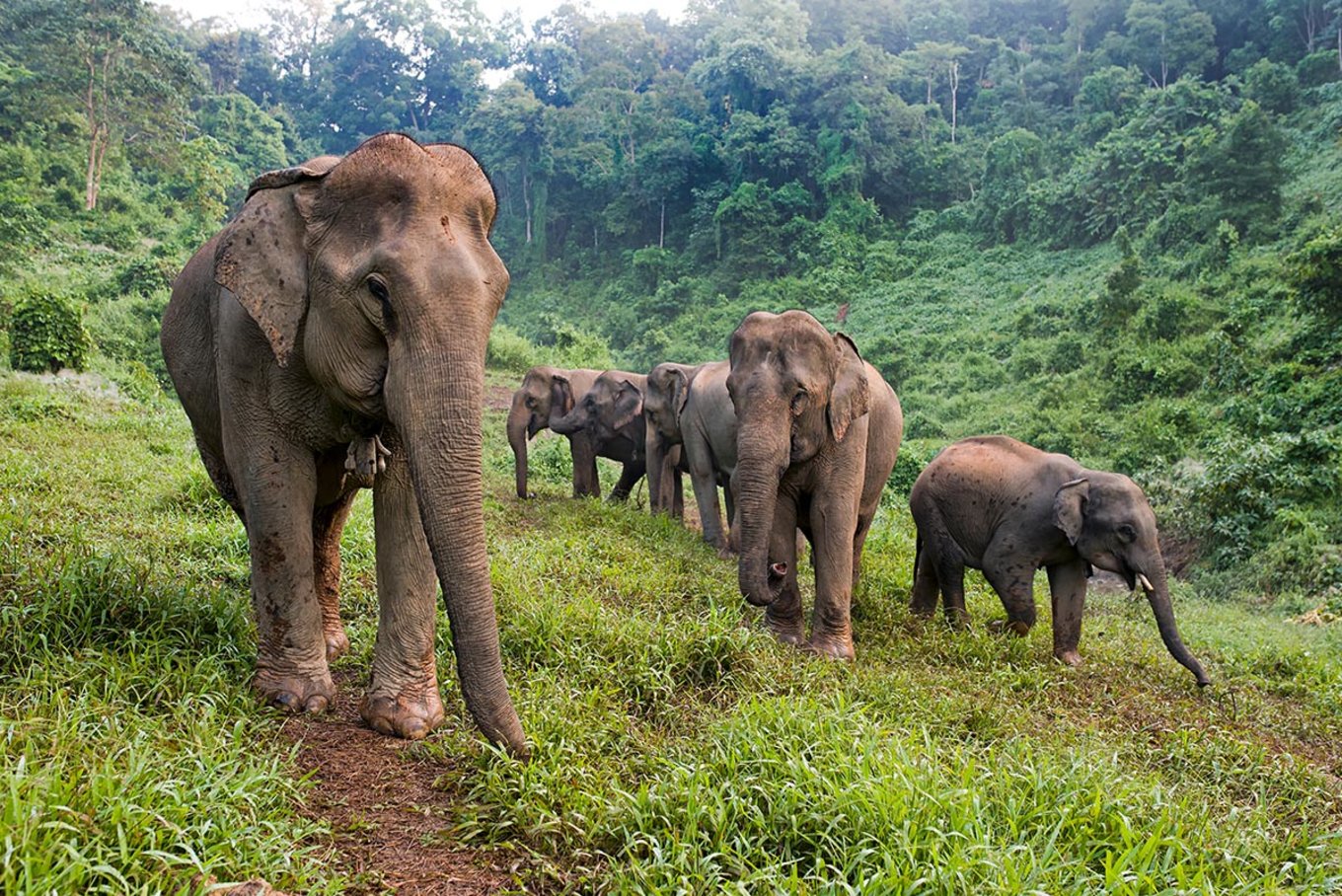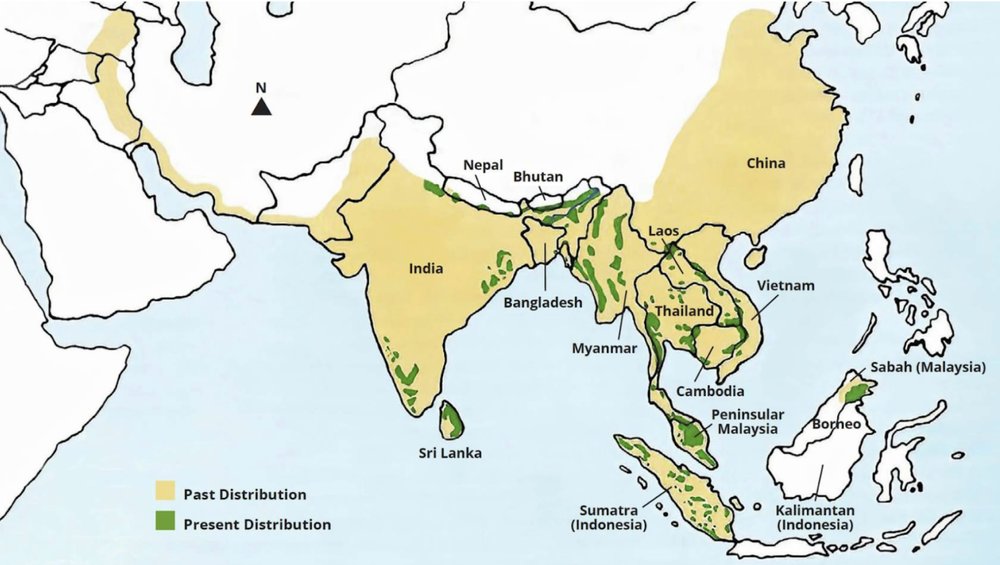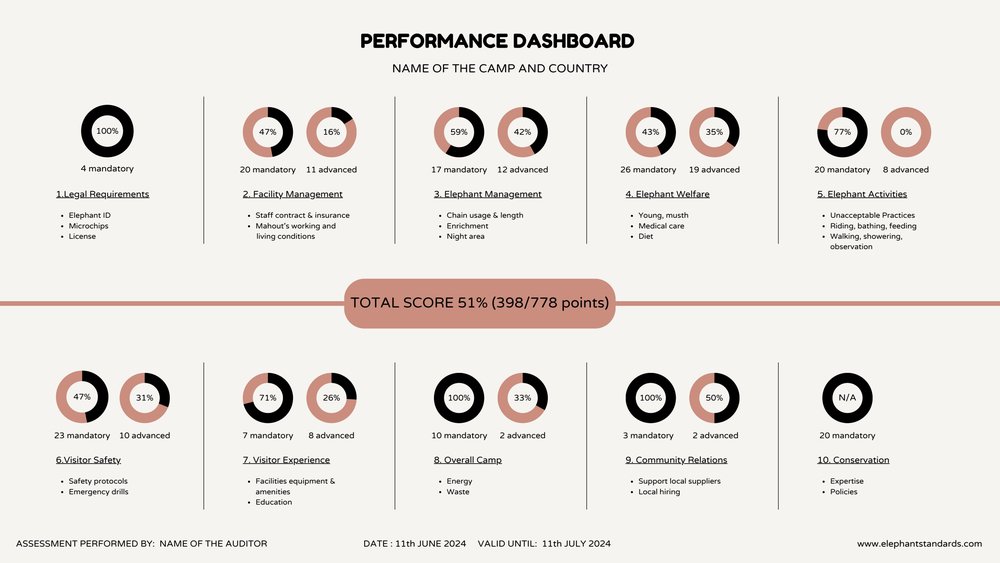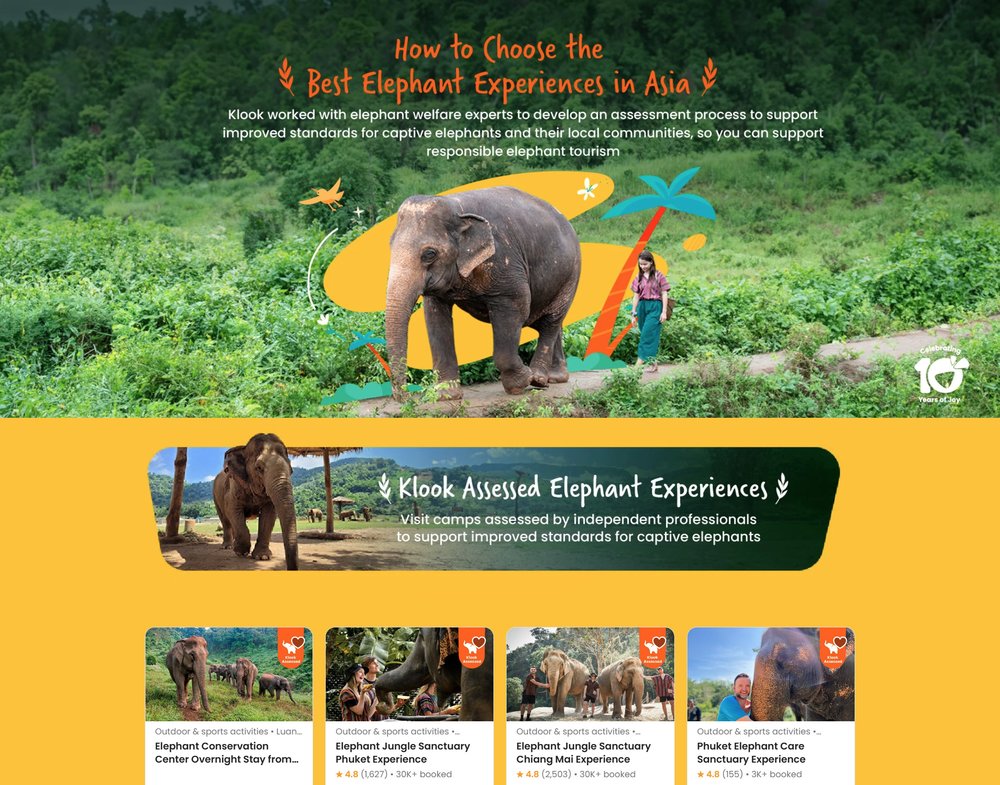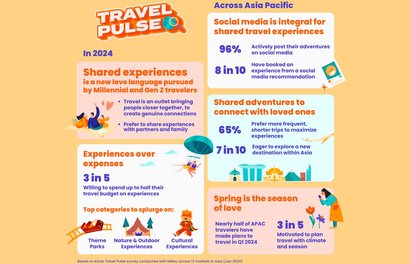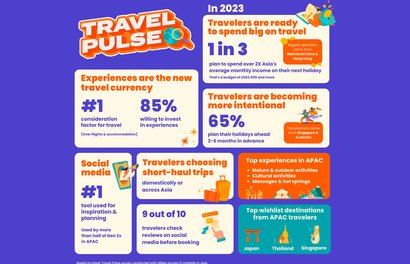A quick search to find the most ethical elephant experience in Thailand or any other Southeast Asian destination will likely return hundreds of results. The fact is that there are few restrictions on what name an elephant camp can call itself by. Whether it’s a “sanctuary”, “retirement home”, “orphanage” or any other variation of these terms designed to pull on the heartstrings of the unwitting elephant-loving tourist, the behind-the-scenes operations can be difficult to decipher. Klook set out on a mission to filter through the options, helping our customers find elephant camps in Southeast Asia that not only observe high welfare practices but also support local communities reliant on elephant tourism.
Understanding the Cultural, Historical and Religious Background of Captive Elephants
Captive Asian elephants play a constant, deep-rooted role in Southeast Asian culture and national identity. Elephant ownership and mahoutship (the art of training and caring for elephants) goes back many generations and many communities are reliant on elephants for their livelihoods. Elephants are also important in both Hinduism and Buddhism, with the three-headed holy elephant, Erawan, a symbol of greatness and wisdom. For those of us without a background in elephants, it can be difficult to understand and appreciate the relationship between elephants, religion and culture.
A Threatened Species
Asian elephants are an endangered species on the IUCN Red List of Threatened Species and their habitat has decreased considerably from its historical range (around 95% has disappeared). While there is significant conservation work ongoing to protect and grow wild populations, in certain countries such as Thailand, wild elephants still face significant risks such as poaching, habitat loss from deforestation due to agriculture and housing growing human populations, and human-elephant conflict when elephants are forced to share space with humans.
Considering Local Communities
There are numerous communities that are highly reliant on elephants for their livelihoods. For example, the Karen tribe in northern Thailand has been breeding and working with elephants for many generations. And it’s not only the elephant owners that benefit. Jobs are created for many communities when an elephant sanctuary brings tourists to a certain region.
- Jobs & income: Elephant-based tourism helps families to remain in their community rather than being forced into cities to look for employment. Additionally, contracts are made with local farmers to provide grass, seasonal fruits, vegetables and other food for elephants, as well as land rental for activities, exercise and grazing.
- Future opportunities: For villagers living in Southeast Asia, having basic foreign language skills can provide them with opportunity for further career advancements and leading to successful jobs in tourism or other fields.
- Gender equality: Women are employed in many roles, including managerial, administrative, guiding, speaking, cooking and cleaning.
So the challenge still remained: how can we support the communities reliant on elephant tourism while also ensuring the highest levels of elephant welfare and customer safety?
Working with EXO Travel & ACES to Initiate Camp Assessments
We pondered the issue and discussed with others in the industry who were facing similar challenges such as EXO Travel, a Bangkok-based travel agency with a B Corp certification and strong animal welfare policies. We agreed that the best course of action was to conduct onsite inspections by experts with far more knowledge on the topic than us. That led us to Asian Captive Elephant Standards, the leading elephant venue auditor.
Asian Captive Elephant Standards (ACES) is an organisation that independently assesses and certifies captive elephant venues (such as camps and sanctuaries) against a strict set of criteria developed upon consultation with international specialists in elephant management, veterinary care and animal welfare. ACES worked alongside Klook and EXO to develop an exclusive assessment process based on their own strict criteria that we could use to assess the standards of the camps we work with. We also use ACES’ network of expert auditors to conduct the assessments.
The Assessment, Performance Dashboard & Badges
The goal of the assessment is to identify areas where camps can improve their practices and to assist them in making the proposed improvements. There are 10 different areas that are assessed with a set of mandatory and advanced criteria. After the assessment, camps are given a score, a dashboard and information regarding their areas of improvement. Camps must achieve a minimum of 70% of the mandatory criteria in order to pass the assessment.
Should camps fall short of the assessment, they are given one month to make the necessary improvements, at which time they have the opportunity to pass the assessment once more. Camps that have successfully passed Klook’s assessment are identified by the “Klook Assessed” camp badge on their activity listing and showcased as one of the top elephant experiences on the platform.

